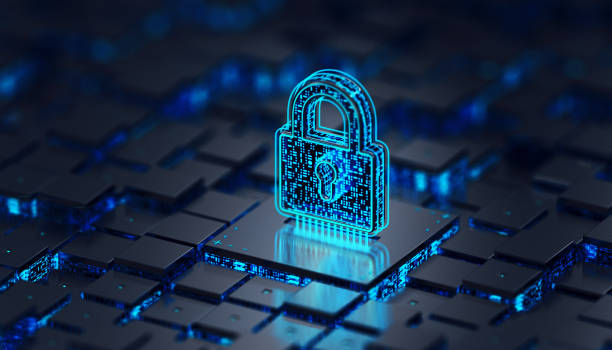
As internet reliance grows in society, October marked the 21st Cybersecurity Awareness Month to initiate the discussion around cyber threats on a national and international level. Students reliance on the internet for their studies, make them an easy target for cyber attacks.
Ireland is 8th in the National Privacy Test (NPT), an online survey that tests “digital habits, privacy awareness, and risk tolerance” that contributes to the national score of the country. The annual test is conducted between 181 countries. As per the report, Ireland scored lower than 2023 data in the “privacy awareness” and “digital risk tolerance” categories but showed better results in managing stronger passwords.
For instance, the National Cyber Security Centre (NCSC) warned about a WhatsApp verification code scam that has been going around. The scam involves a hacker pretending to be friends to get the verification code. Once they get access to all private chats, it can also lead to financial loss.
Additionally, one of the popular employment platforms, LinkedIn, has been charged a €310 million fine for unlawfully collecting the personal data of users for behavioural analysis and targeted advertising. The investigation took six years to find illegality through the Irish Data Protection Commission (IDPC).
Many international students become easy prey for online scams due to the growing housing crisis in Ireland. According to the Irish Council for International Students report on online scamming, the hackers pretend to be from a legitimate organisation, such as the Immigration Service Delivery (ISD), the Garda National Immigration Bureau (GNIB), an education agent, or even the embassy to demand “administrative fee” under the threat of deportation or cancellation of visa.
Tips for Students
While some reports suggest Ireland is ‘the most phished country in the world’ students are also vulnerable to other cyber threats like ransomware, malware, vishing, smishing, and malvertising.
DCU addresses the issue in detail on the official website by suggesting some major steps for students to take to ensure a safer internet experience:
- Unknown email: If you have received an unexpected email, never click on any additional link, or attachments or enter your password without confirming the sender.
- Update and virus scan: It is necessary to always update your device and run through a virus scan for cyber safety.
- Data backup: Always turn on the backup option for your data to save yourself from potential data loss. Google Drive is one of the best backup options out there.
Never panic and calm your nerves before taking any action. Cyber crimes can happen to anyone and the best way to deal with it is by reporting the crime on the official website of NCSC, ncsc.gov.ie/incidentreporting/.



